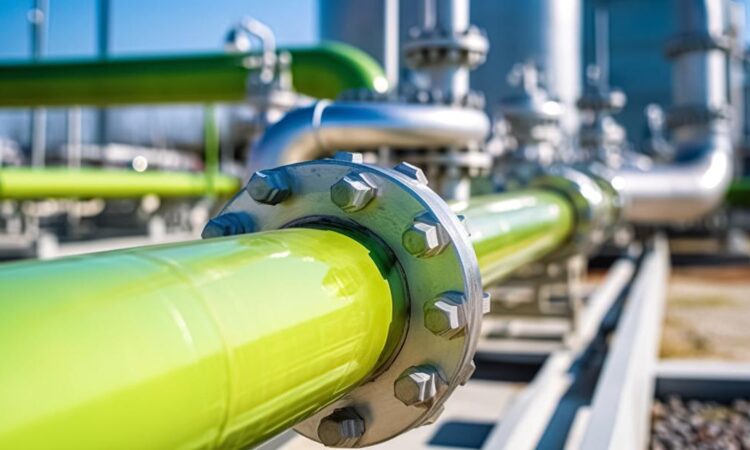
Following the publication of the 2022 CEF Energy call for works and studies for cross-border renewable energy (CB RES) projects, opened for applications from 8 November 2022 to 23 February 2023, two projects have been selected requesting a total of EUR 22,1 million of EU funding.
The two beneficiaries will carry out the studies needed to assess the feasibility of the projects and/or to prepare their implementation.
ELWIND
The Estonian-Latvian Joint Hybrid Offshore Wind Project (aka ELWIND) is a cross-border project aiming at strengthening Estonia and Latvia’s energy market by investing in offshore wind electricity production, a hybrid interconnector and transmission lines to connect the two countries.
CEF Energy funding will support with a grant of EUR 18,755,000 the pre-development activities of this joint offshore wind project, making sure that all necessary studies are done in order to receive permits to use specific maritime areas (one in Estonian and one in Latvian maritime area) for production of offshore wind energy.
The plan is to build two offshore wind parks, one in Estonian and one in Latvian waters with a total capacity up to 1 GW, but the final setup will be decided after environmental impact assessment and conducting all needed studies.
By making large scale domestic green energy available, the project will lower and stabilise electricity prices and will help to ensure the countries’ energy security. The project will also accelerate the region’s green energy transition, as it is estimated that the electricity generated in ELWIND wind parks would cover the needs to fully electrify the entire transport sector of both countries.
The studies, coordinated by the Investment and Development Agency of Latvia and the Environmental Investment Centre in Estonia, are expected to be finalised by December 2027. If the studies’ outcome is positive, and subject to the project final investment decision, the construction of the wind farm could start in 2028 with the aim of commissioning the final project in 2030.”
CICERONEGreenNH3stud
Ceo allIance Cross-border European green hydROgeN valuE chain – Green Ammonia infrastructure study – CICERONEGreenNH3stud
CICERONEGreenNH3stud will receive EUR 3,4 million of EU funding to launch an articulated study covering the environmental assessment, the market study and the engineering design needed for the construction of a renewable energy sources, electrolyser and green ammonia infrastructure to be installed and managed in Spain. This study will develop all requested investigations, preliminary assessment, regulatory compliance requirements and design activities needed before the actual works for infrastructure development can be launched.
The study, coordinated by IBERDROLA, is part of a wider project aiming at building an integrated industrial scale cross-border European green hydrogen and ammonia value chain under the broader “CEO-Alliance” initiative. As such, the CICERONE value chain will consist of independent but highly interconnected infrastructure assets located in different EU member states. To reach the development of a European cross border value chain, the CICERONE project aims to build > 800 MW of additional renewable energy (mainly PV) in Spain and Italy, a 120 MW green ammonia installation in Spain and an ammonia terminal and cracking facility in Rotterdam.
Iberdrola´s scope within the CICERONE global project is the installation of 400MW of additional renewable PV plant that will feed together with a renewable PPA a 120 MW greenfield green ammonia facility ready by 2028. The green ammonia will be shipped to Rotterdam where it will be handled, and a minor share of production will be distributed in Spain to achieve a better optimization of the plant.
The overarching goal of this project is to contribute to decarbonise relevant industrial areas and to create a competitive green energy market.
CB RES Background
The cross-border renewable energy window under CEF Energy promotes cross-border cooperation between Member States in the field of planning, development and the cost-effective exploitation of renewable energy sources, as well as facilitate their integration through energy storage facilities and with the aim of contributing to the Union’s long term decarbonisation strategy, completing the internal energy market and enhancing the security of supply.






